Keywords: Visa
There are more than 200 results, only the first 200 are displayed here.
-
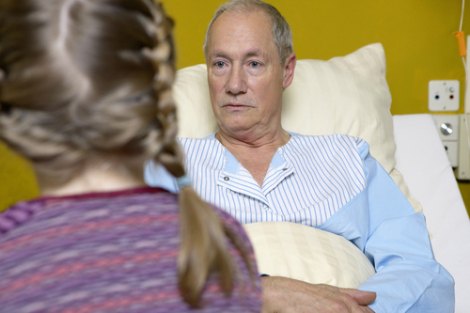
CONTRIBUTORS
- Barry Gittins
- 15 May 2015
6 Comments
A belated early April referral to the urologist led to an alarming ultrasound and a blunt instruction to head for the nearby emergency triage. My bladder was a water balloon waiting to go splat. When the kids and their Ma picked me up from emergency, Emily stood guard over her Dad while the others got the car. The kids helped Trude with cleaning and chores as school holidays beckoned and my body needed time to reset before surgery was advisable.
READ MORE 
-
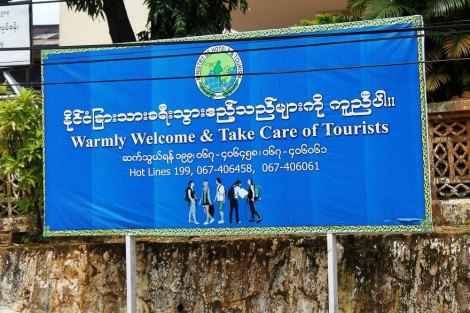
AUSTRALIA
- Catherine Marshall
- 10 April 2015
1 Comment
Myanmar is metamorphosing like a vast time-lapse image, sloughing off its old skin and replacing it with a glittering new facade. But decades of military rule cannot be dismissed so easily, and there is much for the traveller to consider. In the first place, is it ethical to visit at all? Travellers have long taken their cue from Myanmar's beloved democracy advocate and Nobel Peace Prize winner Aung San Suu Kyi.
READ MORE 
-
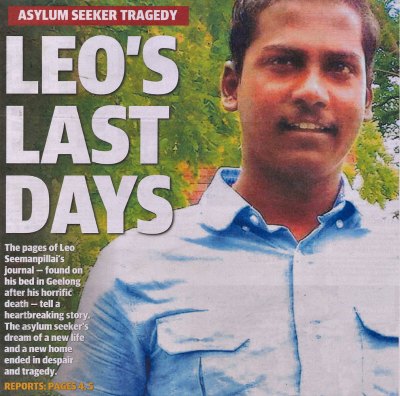
ARTS AND CULTURE
- Diane Fahey
- 24 March 2015
8 Comments
'If I'm deported back to Sri Lanka, torture is certain because I'm a Tamil.' On the day I hear of Leo's death I pass a tall maple, its star-like leaves, blood-red and flame-red, irradiated. The Australian government refused the visas applied for by Leo's family so that they might attend his funeral. As three Tamil men at a microphone sing a long hymn in Tamil the Basilica fills with an undertow of sound.
READ MORE 
-
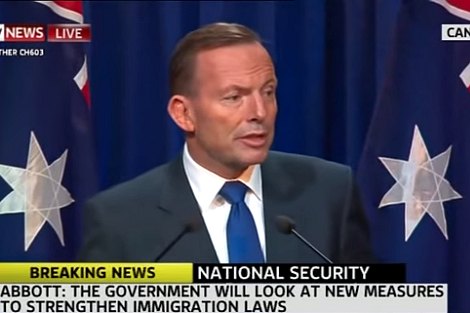
AUSTRALIA
- Kerry Murphy
- 03 March 2015
10 Comments
Prime Minister Abbott's National Security Statement quite rightly spoke of threats to Australia and the need to address them. Many of his utterances might seem uncontroversial: 'Those who live here must be as tolerant of others as we are of them'. But in fact they ignore the way people 'who come here' are treated according to 'how' they came here. The language used to describe them reflects an attitude that is far from tolerant.
READ MORE 
-

- Aloysious Mowe
- 25 February 2015
Just before Christmas last year, the United States Senate Select Intelligence Committee released its report on the CIA's Detention and Interrogation Program, and its use of torture on detainees between 2002 and 2006. Among the report's key findings was the fact that the brutality of the torture and the harshness of the detention regime went beyond what the CIA. had reported to policy-makers (in other words, the CIA deliberately misled its Senate overseers); that the CIA's claims for the effectiveness of torture to obtain information that was vital for national security were inaccurate and unfounded; that the torture regime had damaged the standing of the United States, and resulted in significant costs, monetary and otherwise; that personnel were rarely reprimanded or held accountable for violations, inappropriate activities, and systematic and individual management failures. Read more
READ MORE
-
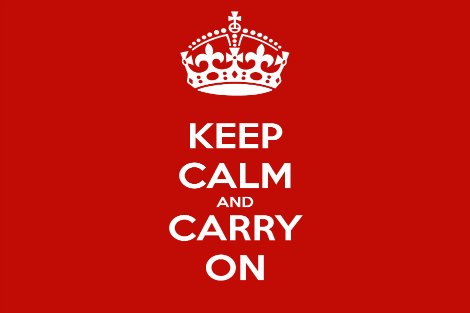
AUSTRALIA
- Tony Kevin
- 24 February 2015
29 Comments
On Monday, Tony Abbott made his finest speech as prime minister. Yet it was also scare-mongering, heavy handed and intimidatory. It reminded members of the Muslim Community that the Australian Government has the power to control and punish them. It may be a vote winner for a while, but for long term effect it’s worth contrasting it with the British Government’s successful calming messaging during the 1969-97 terror campaign.
READ MORE 
-

EUREKA STREET TV
- Peter Kirkwood
- 18 February 2015
READ MORE 
-
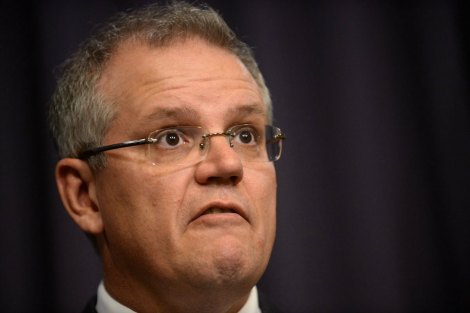
AUSTRALIA
- Kerry Murphy
- 13 February 2015
23 Comments
Former Immigration Minister's Scott Morrison's ruthless determination to prevent refugees arriving by boat from getting permanent residence has been successfully challenged. On Wednesday, the High Court ordered the current Immigration Minister to grant a permanent protection visa to a Pakistani Hazara 'S297'. Such an instruction is almost unheard of, as usually the Minister is asked to re-make the decision lawfully.
READ MORE 
-
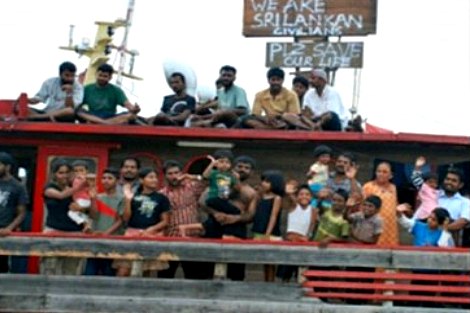
AUSTRALIA
- Frank Brennan
- 02 February 2015
20 Comments
The Abbott Government had a thumping big win in the High Court on Tuesday. All seven High Court judges have made it clear that there is next to nothing that can be done in the courts to question the government's approach. It is lawful, acceptable to government, and hardly a matter of concern to the Australian community, that 157 asylum seekers, including children, can be kept in windowless detention on an Australian vessel for a month on the high seas in the Indian Ocean.
READ MORE 
-
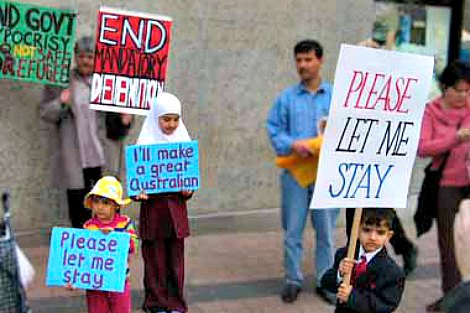
AUSTRALIA
- Kerry Murphy
- 08 December 2014
22 Comments
It is possible to understand why Senators Xenophon and Muir supported the bad law that reintroduces temporary protection visas. They saw it as a small improvement now for people in desperate circumstances, and that is true. The real culprit is the irrational and punitive policy pursued by the Government.
READ MORE 
-
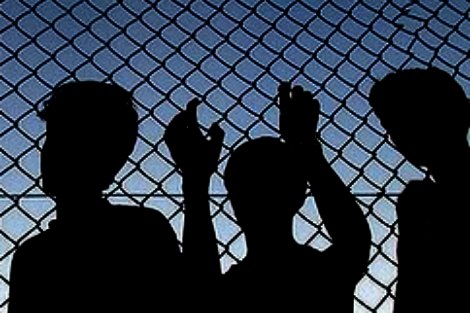
AUSTRALIA
- Kerry Murphy
- 24 November 2014
20 Comments
I recently received a letter for Ali in which he was referred to only by his boat number and the term 'illegal maritime arrival (IMA)'. He was worn down by the long process of winning his case and being accepted as a refugee. His self-esteem was destroyed by a long period in immigration detention. His identity is now also gone.
READ MORE 
-

AUSTRALIA
- Kerry Murphy
- 29 October 2014
7 Comments
Former Immigration Minister Senator Chris Evans once expressed concern about how much personal power was vested in his position when making decisions about particular cases. The current Minister, on the other hand, is trying to increase the number of such powers, and is much more likely to use the ministerial trump card to avoid judicial scrutiny. In a parliamentary system that relies on the checks and balances between the Parliament, Executive and Judiciary, one arm of government should not be able to overrule another.
READ MORE 